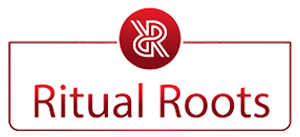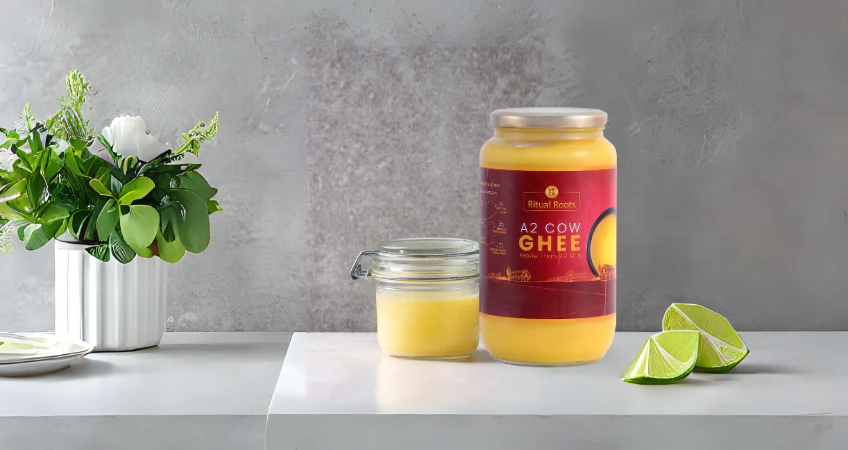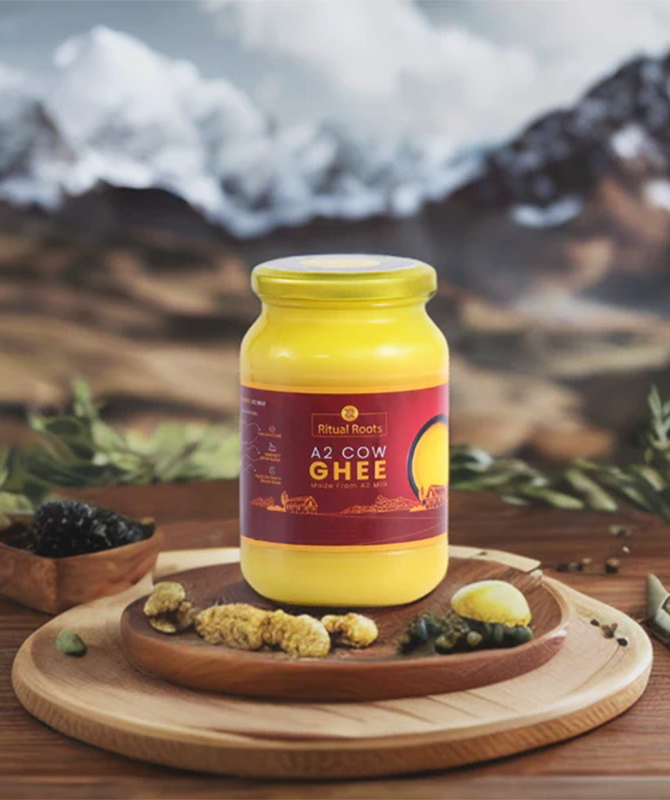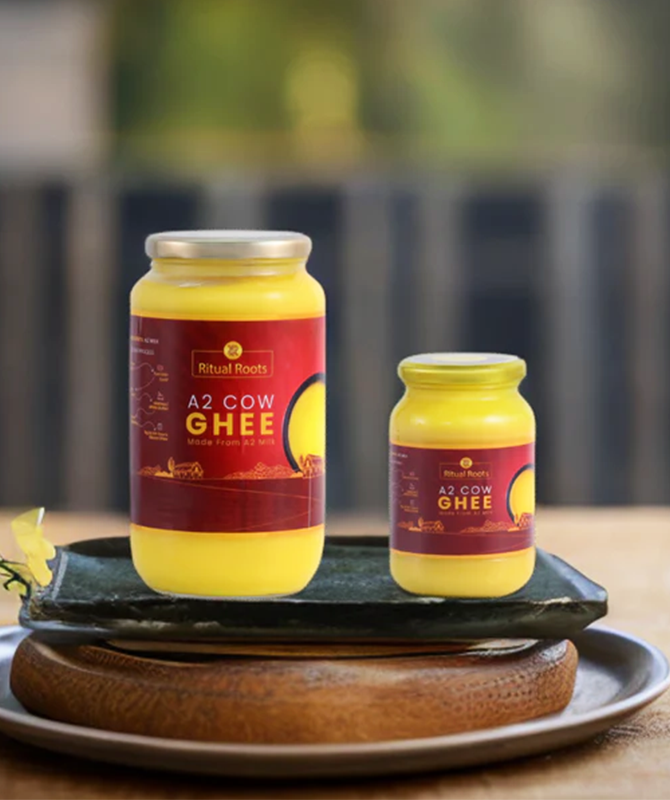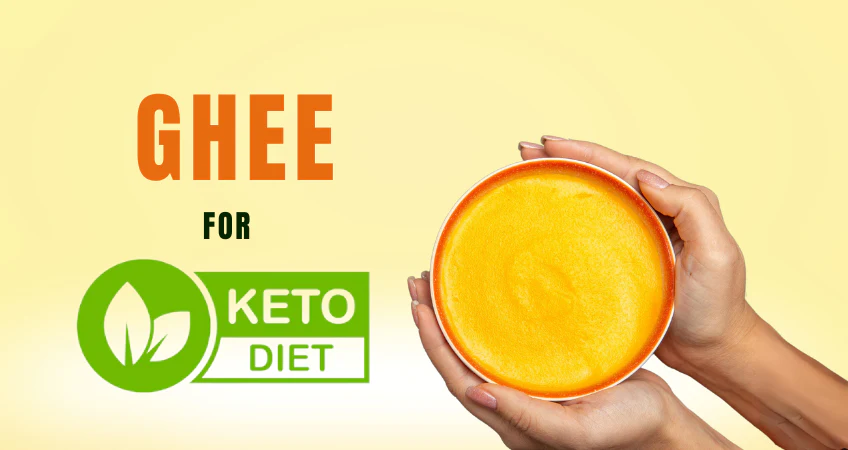Desi Cow Ghee: Myths vs. Facts You Need to Know
Desi Cow Ghee has gained popularity in recent years due to its health benefits, especially as people focus more on natural wellness. Used for centuries in Indian cuisine and Ayurveda, Desi Cow Ghee is valued for its nourishing properties, whether in cooking, skincare, or wellness practices like nasal drops.
However, several myths surround this traditional ingredient. Let’s clarify the most common misconceptions and explore why Desi Cow Ghee can be valuable to your daily routine.
Myth 1: Ghee is Just a Fatty and Unhealthy Addition to the Diet
Fact: While ghee is indeed a source of fat, it is healthy, especially when consumed in moderation. Unlike many fats that can increase harmful cholesterol levels, Desi Cow Ghee contains Omega-3 fatty acids and Conjugated Linoleic Acid (CLA), contributing to heart health. Ghee is also packed with essential vitamins like A, D, E, and K that support skin elasticity, bone health, and immune function. By using high-quality, pure ghee, such as Bilona ghee made traditionally, you’re not just adding flavor but boosting your wellness with each spoonful.
Myth 2: Ghee Causes Weight Gain
Fact: This is one of the most widespread misconceptions about ghee. While it’s true that ghee is calorically dense, consuming it in moderation can support healthy weight management. Ghee contains medium-chain fatty acids, which the body uses for energy rather than storing as fat. This unique property helps boost metabolism, which can assist in weight control. Additionally, ghee improves digestion, aiding the body in breaking down nutrients more efficiently. The right amount of ghee in your diet might support your weight management journey rather than hinder it.
Myth 3: Ghee Is Bad for Skin
Fact: Ghee offers numerous Ghee Skin Benefits, making it a favorite natural remedy in skincare. It is deeply moisturizing and can help repair dry and damaged skin due to its rich concentration of fatty acids and vitamins. This natural ingredient is beneficial for skin hydration, elasticity, and glow. When used as a topical moisturizer, it can soothe irritated skin and even reduce signs of aging.
Whether used alone or mixed with other natural ingredients, Ghee Benefits For Skin extend beyond moisturization; it provides a rich source of antioxidants that help protect the skin from environmental damage.
Myth 4: Ghee Increases Cholesterol Levels
Fact: Not all fats impact cholesterol negatively, and Desi Cow Ghee is an example. The healthy fats in ghee, particularly Omega-3s, can help regulate cholesterol levels by reducing LDL (bad cholesterol) and increasing HDL (good cholesterol). Ghee also contains antioxidants that help prevent oxidative stress in cells, which benefits overall heart health. So, when used in moderation, ghee is a heart-friendly addition to your diet rather than a risk factor.
Myth 5: Ghee is Only Useful in Cooking
Fact: While ghee is an exceptional cooking medium with its high smoke point and rich flavor, it’s much more versatile than a simple ingredient. Ghee is renowned for its benefits in skincare, offering natural hydration for dry or flaky skin. A small dab of ghee on dry lips, rough skin patches, or chapped elbows provides soothing relief. Its antioxidant properties also make it a valuable addition to any skincare routine, aiding cellular repair and leaving the skin soft and glowing. Traditional Ayurveda even recommends ghee drops in the nose, known as nasya, to nourish nasal passages and improve mental clarity, particularly in dry or cold weather.
Myth 6: All Desi Cow Ghees are the Same
Fact: The quality of ghee varies significantly depending on the milk source and production method. Desi Cow Ghee, made from indigenous cow breeds like Gir and Sahiwal, is often richer in nutrients than those from crossbred cows. The Bilona ghee benefits process used to create Desi Cow Ghee preserves the natural properties of the ghee, resulting in a product that’s more nutrient-dense and better suited for Ayurvedic practices.
A2 Desi Cow Ghee contains the A2 beta-casein protein, making it easier to digest and more beneficial than regular ghee. This high-quality ghee offers unique benefits, especially when used with traditional methods like the Bilona process.
Myth 7: Ghee Isn’t Safe for Diabetics
Fact: Desi Cow Ghee can benefit individuals managing diabetes when consumed mindfully. The fats in ghee improve insulin sensitivity by enhancing beta-cell function, which helps regulate blood sugar levels. The medium-chain fatty acids in ghee are metabolized quickly, providing steady energy without the rapid spikes and drops that can disrupt glucose levels. However, diabetics must consult a healthcare provider about how much ghee is appropriate for their dietary needs.
Myth 8: Ghee is Outdated and Doesn’t Fit into Modern Lifestyles
Fact: Far from being outdated, Desi Cow Ghee is experiencing a resurgence in popularity as more people embrace natural and nutrient-dense foods. Not only is it used in traditional Indian cooking, but it’s also gaining ground in the global wellness community for its benefits to skin, hair, and digestive health.
Ghee’s rich, nutty flavor and impressive nutrient profile make it a valuable addition to many dishes, from smoothies to roasted vegetables. Its versatility and enduring benefits make it a highly relevant addition to any modern diet focused on health and natural ingredients.
Myth 9: Ghee Drops in Nose Is Just a Myth
Fact: Using ghee drops in nose benefits an ancient Ayurvedic practice called Nasya, where a few drops of warm ghee are placed in the nostrils. This ritual is believed to clear nasal passages, reduce dryness, and support respiratory health. Practitioners claim it can relieve sinus congestion, reduce allergies, and promote mental clarity. The benefits of Nasya with ghee extend to supporting healthy brain function and boosting immunity, making it a valuable ritual for those following Ayurvedic practices. However, it’s important to use pure Desi Cow Ghee to avoid any contaminants or additives that might be present in lower-quality ghee.
Conclusion
Desi Cow Ghee has a long-standing place in culinary and wellness traditions, but separating the facts from the myths is essential to appreciate its true value. Ghee is a versatile and nutrient-rich ingredient that can support everything from heart health to skin hydration and even respiratory wellness. When sourced from high-quality A2 milk and crafted using traditional methods like Bilona, Desi Cow Ghee offers unparalleled health benefits that other fats cannot match.
At Ritual Roots, we believe in the power of nature to heal and nourish. Our Desi Cow Ghee is crafted carefully, ensuring you receive a nutrient-rich product, flavor, and history. Step into the world of pure, traditional wellness with Desi Cow Ghee, and let this golden elixir enhance your life, one spoonful at a time.
